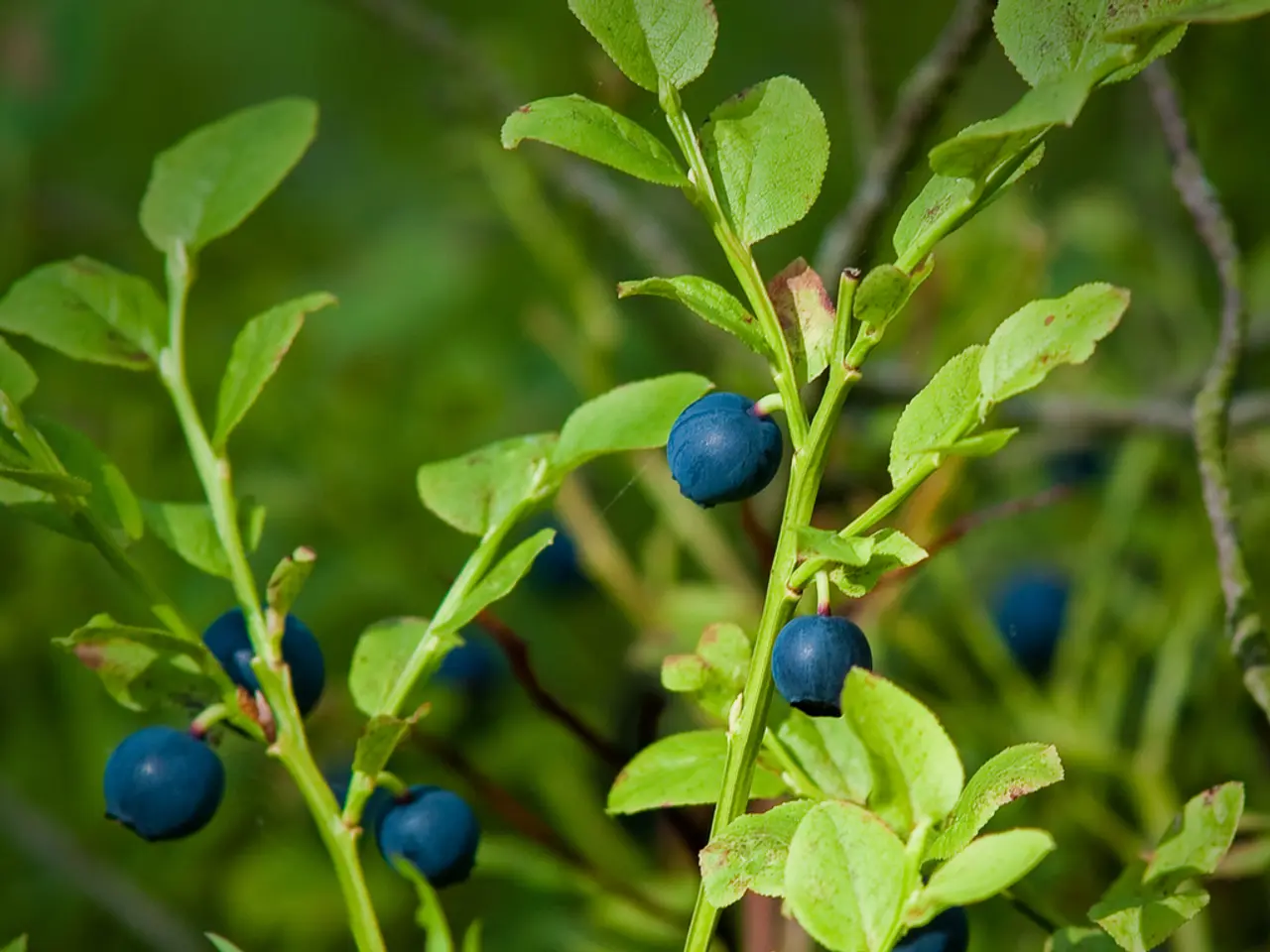Forage These 4 Super Berries for Boosted Immunity and Heart Health
Rose hips and elderberries, both rich in vitamins and beneficial plant compounds, have gained attention for their potential health benefits. Meanwhile, haws and sea buckthorn berries offer unique advantages, with specific consumption guidelines and origins.
Rose hips, the fruit of the rose plant, are a powerhouse of vitamin C, containing about 25 times more than lemons. They're also packed with secondary plant substances like galactolipids and fiber. Rosehip powder, available in stores, preserves these valuable nutrients well.
Hawthorn berries, known for their heart-strengthening properties, protect the heart muscle from oxygen deficiency. They grow on shrubs and are edible only after the first frost, when they can be processed into various treats like jam or liqueur.
Elderberry bushes, common in gardens and on field or forest edges, are rich in vitamin C, iron, and potassium. However, raw berries should be avoided due to the toxin sambunigrin, which can cause nausea and vomiting. Elderberry juice, when consumed daily, improves gut flora and lowers blood sugar, according to a study at Washington State University. To preserve its anti-inflammatory anthocyanins, which are effective against viruses, avoid boiling the juice.
Sea buckthorn tea, made from berries primarily grown in European agriculture, promotes fat burning and aids in weight loss.
When foraging for berries in nature, it's crucial to avoid areas near busy roads or conventionally farmed fields to prevent contamination. Incorporating rose hips, elderberries, haws, and sea buckthorn into your diet can offer a variety of health benefits, from boosting immunity to supporting heart health and aiding digestion.





